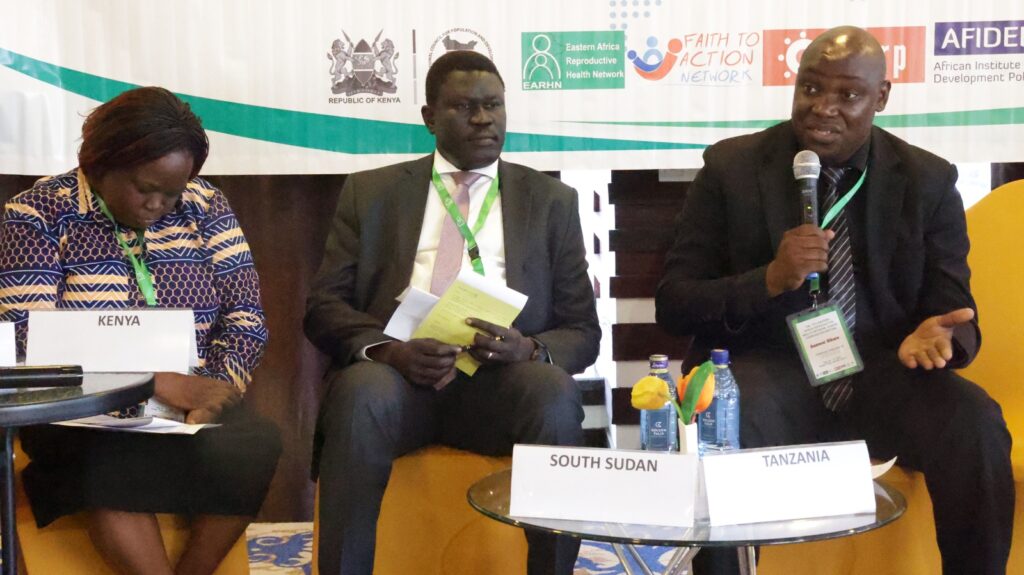Inadequate investment in healthcare is hindering access to quality reproductive health services in East Africa, according to the African Institute for Development Policy (AFIDEP).
Experts gathered at the 13th Eastern Africa Reproductive Health Network (EARHN) coordination meeting in Nairobi, Kenya, emphasized the importance of integrating population, health, and environment policies to address this pressing issue.
Alexandra Tchomte Urges Africans to Eat Less Starch: “Your Health is What You Eat”

Dr. Rose Oronje, Head of AFIDEP’s Kenya Office, highlighted the region’s poor reproductive health outcomes, with none of the member countries coming close to meeting the SDG target of reducing maternal deaths.
“Insufficient investments in healthcare by East African governments contribute to the limited access to quality health services. Surprisingly, none of the EARHN member countries have met the Abuja 2001 commitment to allocate at least 15% of their annual government budgets to health,” Dr Oronje said.
Reproductive health expenditure is also alarmingly low, with majority of countries allocating minimal funds.
Burundi leads by dedicating 28% of its health expenditure to reproductive health, while South Sudan lags behind, spending only 9% in 2020. The consequences of this inadequate spending are evident in high maternal mortality rates and elevated levels of teen pregnancy.
Although Eastern Africa has strong policies in place to improve access to reproductive health services, implementing these policies remains a challenge. Patrick Mugirwa, Programme Manager at PPD-ARO, stressed the need for effective policy implementation.
The economic situation has further hindered progress in the healthcare sector, requiring urgent action to bolster domestic health financing. To achieve UHC and sustainable development goals, experts called for leveraging the interconnectedness of health, population, and climate change.
Understanding How Weight Loss Process Takes Place – Dr Subrina Jesmin
Integrated approaches, such as incorporating environmental initiatives with health programming, have proven successful in improving health outcomes in countries like Madagascar, Ethiopia, Rwanda, and the Philippines. Peer engagement and stewardship models for conservation, coupled with reproductive health education, have been particularly effective in these contexts.
Follow or like our social media accounts for more informative stories:
Facebook: https://www.facebook.com/UpeoHubDigital
Twitter: https://twitter.com/upeohubnews
LinkedIn: https://linkedin.com/UpeoHubDigital
Instagram: https://www.instagram.com/upeohubdigital
Would you like us to feature your story/opinion? You can contact us through the following:
Cell: +254 759 896907
Email: news@upeohubdigital.co.ke
For corporate engagements and partnerships, you can reach out to us via info@upeohubdigital.co.ke
For marketing engagements, email us via marketing@upeohubdigital.co.ke